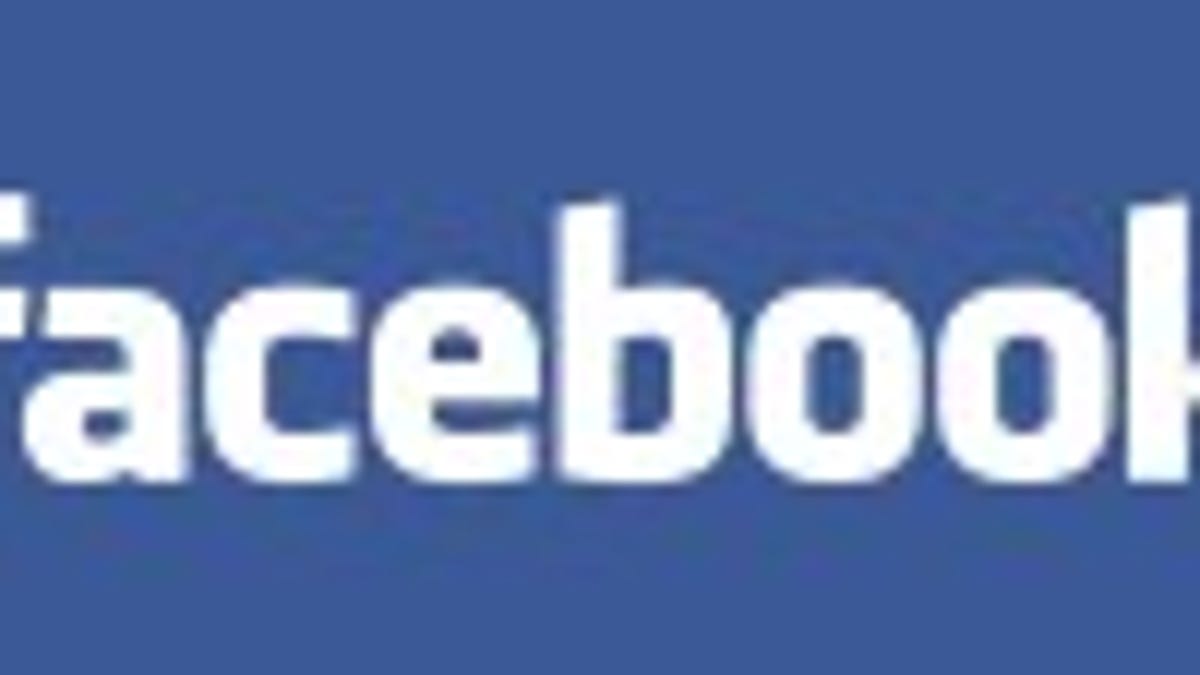Facebook's Sandberg: It's OK to turn down that friend request
A talk by the social network's chief operating officer didn't reveal too much about the company--just the usual talk about how it's continuing to permeate just about every aspect of everyone's lives.

PALO ALTO, Calif.--"The stream of information coming at you can be overwhelming," Facebook Chief Operating Officer Sheryl Sandberg said when asked in an onstage interview what she thinks of social-networking fatigue. "I think people sometimes feel uncomfortable hitting 'ignore' (on friend requests), but if you don't want to connect to someone, that's why it's there."
Facebook, after all, is on top of the world. It doesn't make much difference to the health of that 300 million-member user base if your "social graph" is one degree smaller.
Sandberg, who joined Facebook a year and a half ago after a high-ranking sales job at Google, was interviewed Thursday at the Palo Alto Research Center auditorium by industry analyst Charlene Li. The event had been organized by Silicon Valley networking group The Churchill Club.
Since then, she has become the company's foremost evangelist for some of its most prominent marketing pitches: the power of connectivity, and how Facebook can give businesses a more authentic face. Sandberg had given the talk in New York to debut "BrandLift," the social network's partnership with statistics firm Nielsen to provide audience response to advertisements.
Li's questions for Sandberg weren't particular hard balls. Rather, the interview followed Sandberg's usual talking points for a corporate audience: how Facebook is an unparalleled and unprecedented hub for communication and interaction, and how in turn it has changed marketing and communication--and that there's no other place on the Web for advertisers to get that kind of interaction with consumers.
"There are other places on the Web where you can get reach and audience. Certainly Yahoo offers that...What we have is deep engagement," Sandberg said. "We are by far the place where people spend the most time on the Web. On average, a monthly user on Facebook spends 5.75 hours on the site. No. 2 is Yahoo, and they are at 3 hours and 23 minutes. That is a really big gap."
(Ouch, Yahoo.)
Facebook might be "a marketer's heaven," as Li put it, but Sandberg said it also takes user privacy seriously--another regular and understandable Facebook talking point, considering it's had the occasional privacy snafu in which user backlash has reached a fever pitch.
"Why is our usage exploding, as some of the other social properties are decreasing?" Sandberg asked rhetorically, not explicitly mentioning MySpace, which recent numbers showed has seen much of its traffic eaten up by Facebook's. "We think it's because we made it really safe." She talked about how one of the first things she learned from CEO Mark Zuckerberg was the high number of members who put their cell phone numbers on their profiles. "Facebook is that safe," Sandberg said. "And so we take user privacy as the most important thing we do."
It obviously hopes to continue to get bigger. The company is working on "a deep integration with mobile carriers" to reach audiences that may have access to mobile devices but not PCs, and recently launched its Facebook Lite site "if you are in a country with slow bandwidth and slow loading times...we really wanted to speed it up."
Are advertisers warming up as Facebook's membership skyrockets? "They certainly get it more than they did a year ago," Sandberg said--and indeed, Madison Avenue didn't warm up to Facebook immediately, amid reports that social-network advertising was difficult to harness and even more difficult to profit from. "We're growing our users, and that's helping us a lot, and our ad products have improved tremendously...in a tough economy, advertisers and marketers are looking for value."
At least according to the Valley tech press, the biggest threat to Facebook's dominance these days isn't coming from Microsoft or Google, but from upstart Twitter--which Facebook famously tried to purchase and was snubbed.
She reiterated that while both Facebook and Twitter are "part of the same movement...real-time information shared quickly," that there's room in the field for more than one player and that competition is positive.
She said, though, that she hasn't jumped on the Twitter bandwagon because of what she considers an important differentiation between the two services.
"I don't use it very frequently. I've put, like, two or three tweets up ever," Sandberg said. "I'm not trying to broadcast to the world, I'm trying to share with my friends. It's not what I want to do. Twitter's much more of a broadcast-to-everyone kind of thing."

